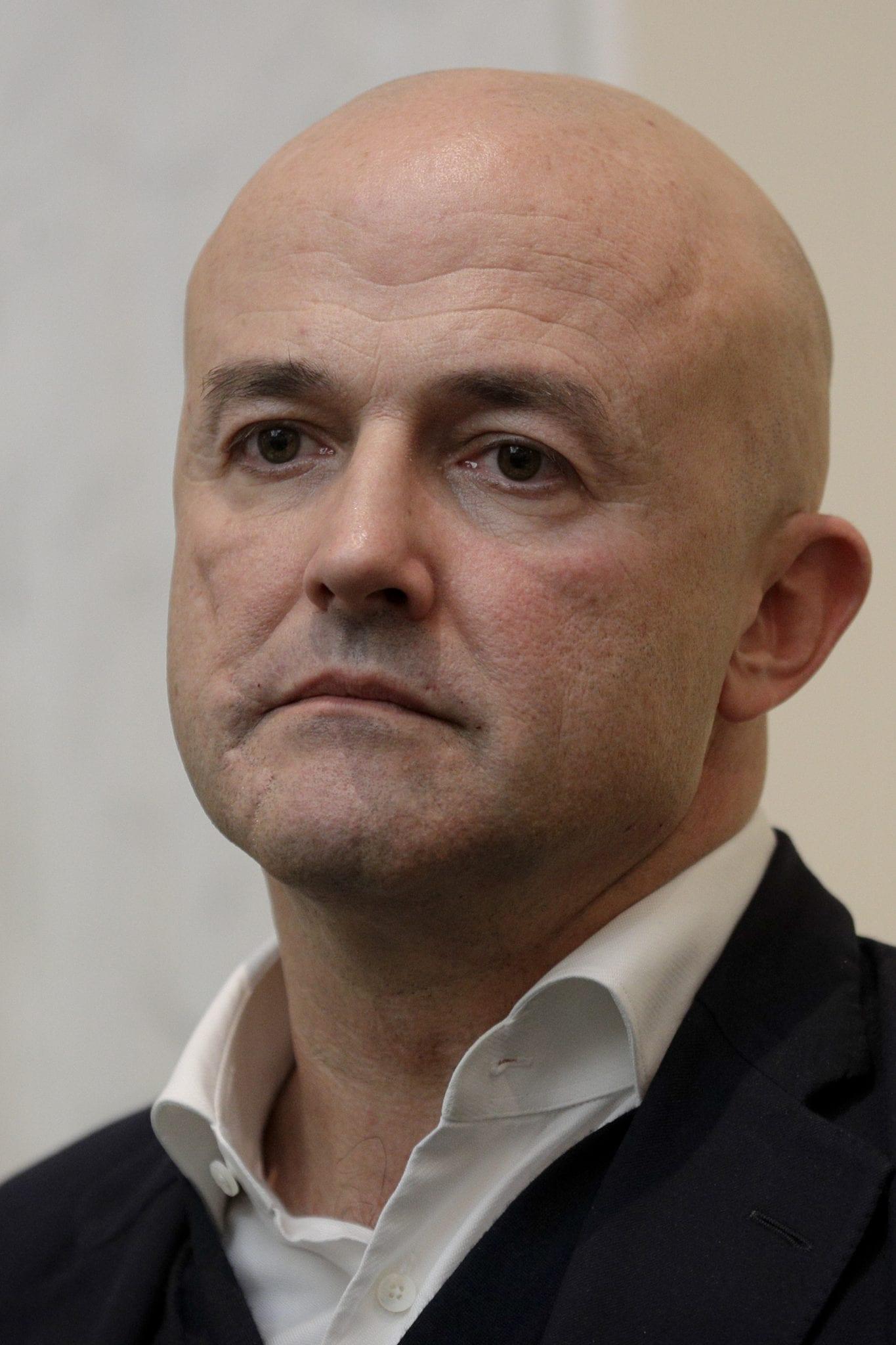ROME – As aftershocks of the explosive charge by a former papal ambassador that Pope Francis ignored sexual misconduct allegations against ex-Cardinal Theodore McCarrick continue, many observers are struggling to make sense of the situation and its multiple unanswered questions.
As part of that sifting, doubts have arisen about the credibility of the man making the charge, Italian Archbishop Carlo Maria Viganò, who served as secretary general of the Government of Vatican City State from 2009-2011 and papal ambassador to the United States from 2011-2016.
Among other things, Viganò claims to have known of restrictions against McCarrick imposed by Pope emeritus Benedict XVI somewhere around 2009, yet on multiple occasions afterwards Viganò appeared with McCarrick and treated him warmly. Also Viganò failed in his statement to admit that his own role in abuse scandals has come under fire. He allegedly impeded a 2015 investigation of Archbishop John Neinstedt in the Twin Cities, who later resigned.
Yet Viganò’s history as a would-be Vatican whistleblower didn’t begin with last Saturday’s statement. He was also a key player in the 2011-2012 “Vatileaks” scandal, when confidential documents were taken from then-Pope Benedict XVI’s desk by his personal butler, Paolo Gabriele, and leaked to Italian journalist Gianluigi Nuzzi, who later published a book on the documents titled “His Holiness: The Secret Papers of Benedict XVI.”
Among those documents were two letters from Viganò to Benedict and Cardinal Tarcisio Bertone, the Vatican’s then-Secretary of State, alleging various forms of financial and personal corruption.
In terms of how credible Viganò’s claims were back then, Nuzzi, the journalist who broke the story, told Crux he found the Italian prelate to be “a man of the Church, he is informed, and he is someone who has made precise accusations.”
Granted, Nuzzi’s own credibility has been questioned in some quarters. He was indicted by the Vatican for stealing confidential documents again in the second round of “Vatileaks”in 2015-2016, though he was eventually acquitted for lack of jurisdiction, and critics say Nuzzi’s reporting tends to be sensationalistic.
Still, probably no journalist has spent more time assessing the merits of Viganò’s first round of claims, and Nuzzi insists they were largely reliable.
When Viganò’s statement was first published, Nuzzi said he was “without words” and “breathless” over the shock of a bishop “pointing a finger at a pope, accusing him of having an attitude of benevolence in front of a pedophile.”
Yet he said the charge wasn’t a complete surprise to him, because in his view, “Pope Francis has done little on pedophilia. I don’t think it’s urgent for this pontificate.”
“Archives haven’t been opened, and bishops and cardinals who have covered abusers haven’t been prosecuted or condemned,” he said, claiming he’s heard pedophilia described in the Vatican as an “illness” or a “weakness.”
Nuzzi also gave credence to Viganò’s accusations of Vatican corruption “at the highest levels,” at least when it comes to finances.
Viganò “saw a lot of crazy expenses,” Nuzzi said, noting that the archbishop’s subsequent transfer to the United States is also significant because it went against the direct advice of Cardinal Tarcisio Bertone, the Vatican’s then-Secretary of State, who urged Benedict to send Viganò to Africa.
Nuzzi’s suggestion was that Benedict XVI did not seem to find Viganò unreliable, or he would not have entrusted him with such a sensitive post.
However, Nuzzi did cast doubt on Viagnò’s veracity on one point: His assertion that he turned down being made a cardinal. In fact, Nuzzi said, he has documentation published in 2011 that Viganò had complained about not being made a cardinal after his transfer to the U.S., despite being promised a red hat.
“I wrote that in 2011,” Nuzzi said, “and now he has another reaction.”
Nuzzi also took issue with Viganò’s insistence that Francis resign.
“The pope is chosen by God, he is not chosen by the cardinals. For a bishop to ask for the resignation of a pope is frankly exaggerated,” he said, and has “transformed a complaint into a political act.”
Overall, Nuzzi said he sees Viganò’s statement as both a stab at his critics and those who tried to thwart his efforts to uncover financial corruption, as well as a call to action on sexual abuse.
In the end, Nuzzi said, a thorough investigation is the right answer.
“Are there things that are true or not? And to what point? I think this is the aim” of such a probe, he said.












